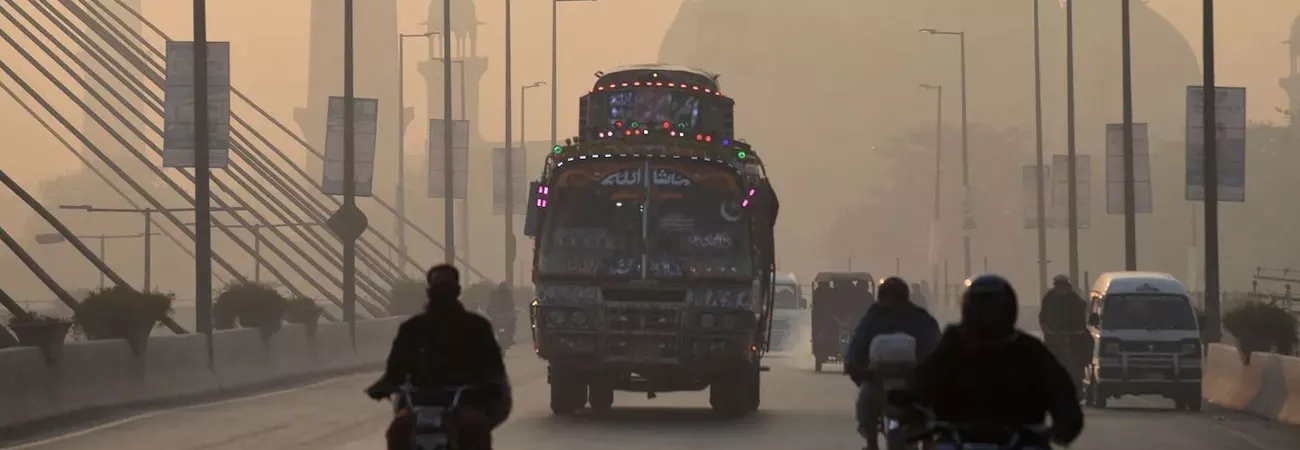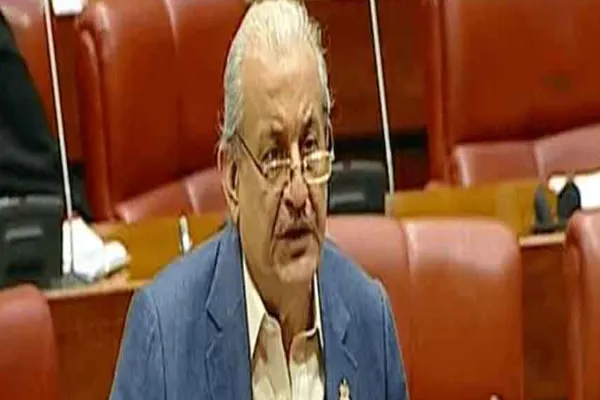i NEWS PAKISTAN
In a significant step towards addressing the issue of smog and reducing pollution levels, the caretaker government of Punjab has given its approval to smog rules for the province. Further, Section 144 has been imposed in Lahore, placing restrictions on certain activities that contribute to pollution. The Punjab caretaker government has emphasized that the newly approved smog rules will be enforced in all cities across the province and fines have been set for individuals or entities found in violation of these rules. To effectively enforce the smog rules, the government has directed the Environment Department to issue official notifications regarding the penalties associated with non-compliance.
Under the smog rules, severe penalties have been established for various activities that significantly contribute to pollution. Kilns and factories found in violation will face a hefty fine of Rs 500,000 Burning waste, a common practice contributing to pollution, will be met with a fine of Rs 10,000. In addition, a fine of Rs 4,000 will be imposed on vehicles emitting excessive smoke. The smog, that has gripped the province, has left people choking. According to experts, pedestrians and motorcyclists are at the highest risk because they are constantly exposed to noxious air. Doctors have revealed that around 100 smog infections are being reported in hospitals across Punjab on a daily basis every day. Hundreds of people have been diagnosed with flu, chest infection, and cough.
Precautionary measures can be taken by people
1- Wear masks, preferably two
2- Wear sunglasses to prevent itchy eyes
3- Wash as soon as you reach home
4- Drink lots of water
5- Keep a check on the AQI index and avoid areas where the air quality is poor
6- Avoid exercising in smoggy conditions
7- Avoid taking routes that are built up or congested
8- If you have asthma, carry an inhaler
What is smog
Smog is formed by a mixture of pollutants and water vapor in the atmosphere. It can cause health problems such as asthma, flu, coughing, allergies, bronchial infections, and heart problems. According to the Environment Protection Department, the primary contributors to air pollution include running vehicles, industrial emissions, and the burning of crop stubble. In September, the Punjab government decided to launch a four-year programme under Punjab’s Industries, Commerce, and Investment Department worth Rs200 million. The main objective of this programme was to fund the conversion of brick kilns to environmentally friendly zigzag technology and fining industries that increase air pollution. But the reappearance of smog in the city shows the government has failed to curb it, despite its tall claims.
Credit: Independent News Pakistan-INP









